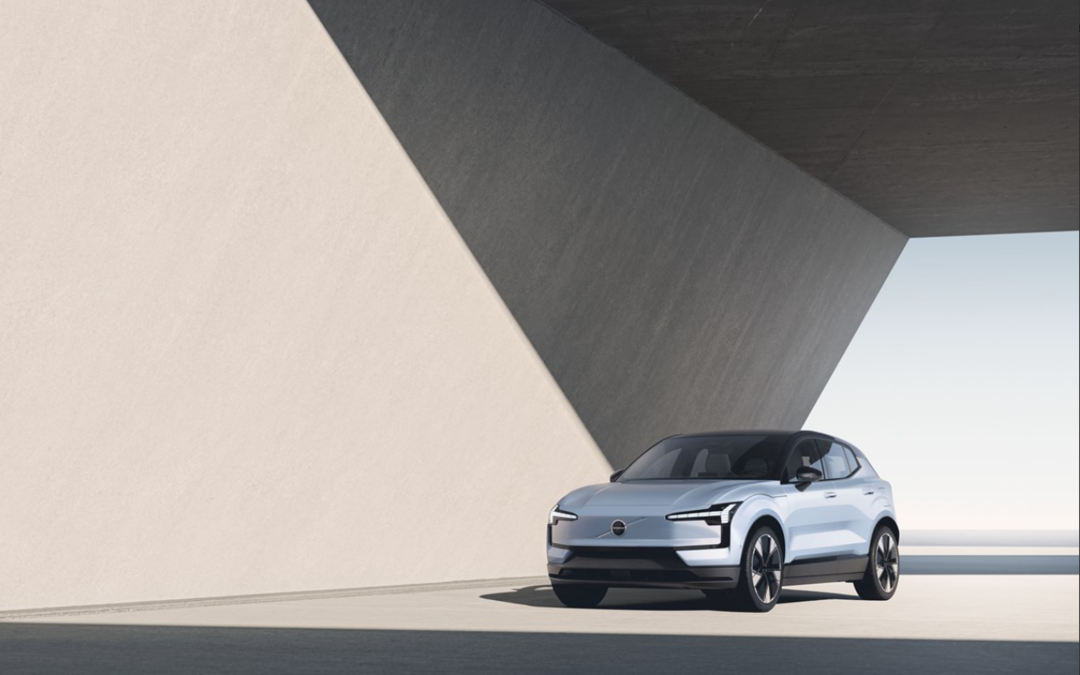Volvo Drops Plan to Go Fully Electric by 2030 Amid Rising Hybrid Demand
Volvo Cars recalibrates its electrification strategy, aiming for 90-100 percent electric or hybrid models and 10 percent mild-hybrids by 2030.
Swedish automaker Volvo Cars abandoned its plans to go all-electric by 2030 on Wednesday, reported Reuters.
According to the news agency, the manufacturer was expected to offer some hybrid models in its lineup during this period.
Major automakers have seen slowing demand for electric vehicles partly due to a lack of affordable models and the slow roll-out of charging points while also bracing for the effects of European tariffs on electric cars made in China.
Volvo Cars said in the statement that by 2030, it now aimed for between 90 percent and 100 percent of cars sold to be fully electric or plug-in hybrid models, while up to 10 percent would be so-called mild hybrids, where electric power only supplements the combustion engine.
The company sells a mix of electric and hybrid cars. It has remained steadfastly committed to its plans to only sell fully electric cars by 2030 even as its rivals began scaling back their ambitions.
Some of Volvo’s flagship fully electric cars are the EX90 and the EX30, both SUVs.
Growing demand for hybrid cars has prompted a strategic shift across a sector that had initially aimed to phase out hybrids in favor of fully EVs.
A slow introduction of charging infrastructure and drivers’ concerns about EV driving ranges is why buyers have gravitated toward the often more affordable and convenient hybrids.
Volvo Cars, which is majority-owned by China’s Geely, said it was responding to changing market conditions and consumer demands.
By 2025, Volvo Cars expects electrified cars – full EVs and hybrids – to account for between 50 percent and 60 percent of sales volumes. The previous 2025 target was at least 50 percent fully electric cars, with the rest hybrids.
“We are resolute in our belief that our future is electric,” CEO Jim Rowan told Reuters. “However, it is clear that the transition to electrification will not be linear, and customers and markets are moving at different speeds.”
Nirmal Menon
Related posts

Subscribe
Error: Contact form not found.


